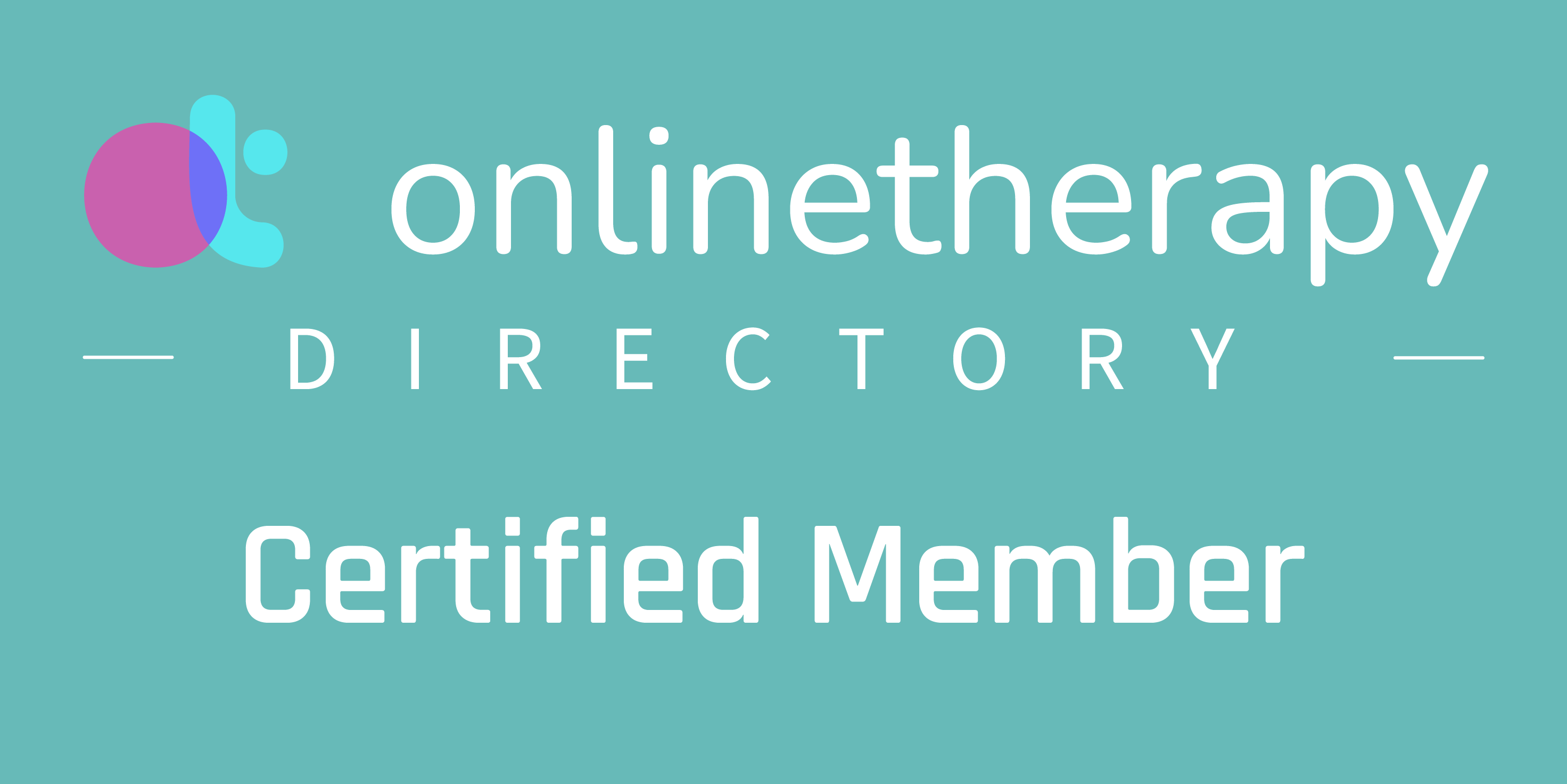
Treatment of Postpartum Depression and Depression During Pregnancy
What is Postpartum depression?
Postpartum depression or depression during pregnancy can arise anytime prior to birth or within a year of delivery. Many mothers tell me that they simply do not feel like themselves. Maybe they are feeling lost, sad, or numb. Regardless of the specifics, this feels like more than a bad week. Often women endorse feeling this way for multiple weeks or months. Mothers may feel guilt or shame because they are having difficulty adjusting to the pregnancy or the birth of their child.
Signs and symptoms of Postpartum Depression and Maternal Depression
Feeling sad, down, hopeless, lost, or overwhelmed
Crying more often
Feeling exhausted, having no energy or no motivation
Feeling irritable or restless
Eating too little or too much
Sleeping too little or too much
Trouble focusing, remembering, and making decisions
Feelings of shame, guilt or worthlessness (“I am a bad mother”)
Loss of interest or pleasure in activities you used to enjoy
Withdrawal from friends and family - isolation
Loss of interest in hygiene like taking a shower, brushing hair, getting dressed
Physical symptoms of depression such as increased chronic pain, or more headaches
Trouble Bonding with your baby
Causes of Postpartum depression
There is no single cause of postpartum or maternal depression. Each person experiences the challenges of pregnancy differently. However the most common reason depression arises is the combination of physical, emotional, and social changes that occur during pregnancy.
Physical: Hormonal shifts, weight gain, body changes, difficulty with breastfeeding, and lack of sleep.
Emotional: struggling with a sense of identity, learning new skills with little or no sleep, beliefs about motherhood, history of childhood neglect or abuse, feeling less attractive
Social: changes in the relationship with your partner, decreased time for previously enjoyed activities and hobbies, changes in how others perceive you.
Therapy for Postpartum Depression – How do I treat this?
Psychotherapy is a way to treat postpartum depression and depression during pregnancy without medication. I use careful assessment and evidence-based therapy skills to create a tailored treatment plan for you. I use counseling treatments like cognitive behavioral therapy or acceptance and commitment therapy. In cognitive behavioral therapy I help clients to identify and change negative perceptions about themselves and I help them return to activities they used to enjoy. With Acceptance and commitment therapy I help clients explore their values and identity as an individual, then as a mother and/or partner. I use these values as the compass to guide the direction of sessions. I also use mindfulness skills, relaxation training, visualization strategies, journaling, and when necessary, trauma therapy and exploration of past wounds from childhood. I am a psychologist who provides online therapy for postpartum depression so treatment is convenient and tailored to the needs of a busy mother or family.
Typical outcomes of Therapy for Postpartum Depression and Depression While Pregnant
Therapy is a highly effective treatment for postpartum depression. At every session I will provide my clients with outside of session practice skills and/or reading materials about postpartum depression. The more that a client uses these skills the better they will feel in a shorter amount of time. There IS hope. You do not have to feel like you have lost yourself forever.
Frequently Asked Question:
What are the different types of postpartum depression? What if my experience is not typical?
Many people present with “atypical” signs of postpartum depression. For example, a client may simply say they are not sleeping, feeling more irritable, having more headaches, and have lost the desire to see others or take care of themselves. This makes it hard to recognize that they are depressed since they are not crying at all times. In fact, they may just feel numb and frustrated.
What are the risk factors for postpartum depression and depression during pregnancy?
Family history of postpartum depression or mood concerns, personal history of depression or mood concerns, traumatic birthing experiences, difficulty breastfeeding, relationship difficulties, weak support systems, unplanned or unwanted pregnancy, and financial concerns.
Can you prevent postpartum depression or depression during pregnancy?
There are steps you can take to prevent this issue. Learning coping skills through therapy before you become depressed can help to stave off this concern. Often it is easier to get into counseling earlier rather than later. If you suspect you may be prone to experiencing perinatal mood concerns, early entry into therapy can provide protection against these issues by advanced planning, education and acquiring coping skills. If you are wondering if therapy could be helpful for you feel free to call me for a free consultation.





